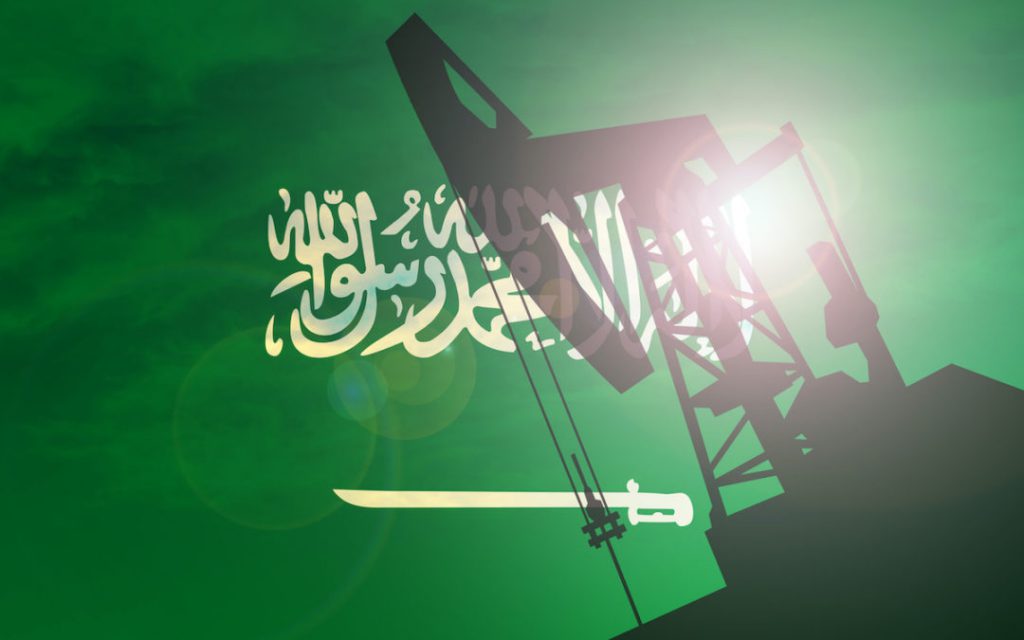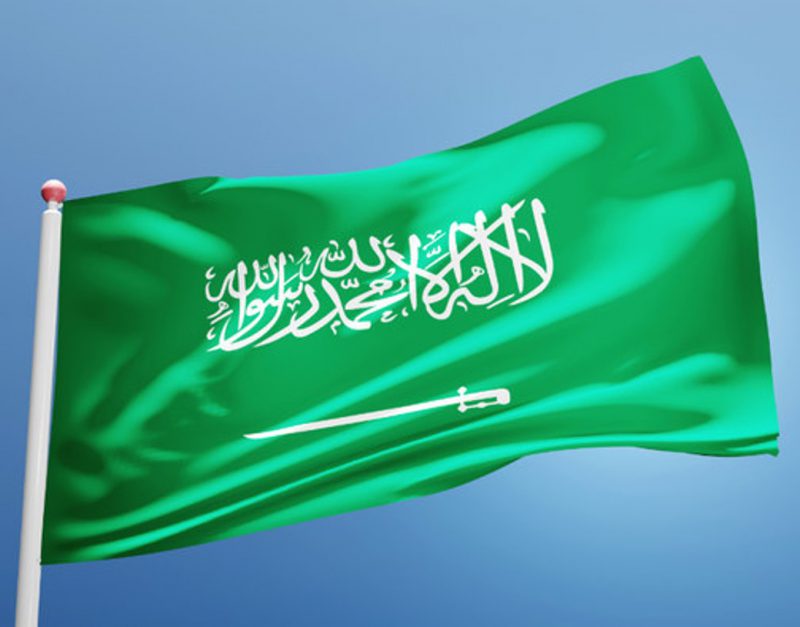The Saudi Arabian regime is intensifying its efforts to broaden its economic endeavors. Unfazed by the recent petrodollar lapse with the US, the Saudi Arabian regime has reported a trade balance surplus worth $11 billion availed via the nation’s non-oil exports.
Also Read: 10 ASEAN Countries To Launch New Currency, Challenge US Dollar: CME
Saudi Arabia Is Flourishing


Saudi Arabia’s decision to not renew the petrodollar agreement may prove detrimental to the US, but the Arabs seem to be unfazed by the idea.
The recent data available from the General Authority of Statistics revealed staggering new details about how Saudi Arabia is flourishing by diversifying its economic frontiers. The data further revealed that the nation has acquired a trade balance surplus of $11 billion, the highest in seven months.
The surge in trade balance surplus metrics has been driven primarily by the regime promoting its non-oil exports in efforts to rectify its economic structure.
The nation is currently working on a holistic economic model that places equal emphasis on all economic fronts to bolster growth from all sides.
The data further shows that Saudi Arabia’s non-oil exports have risen by nearly 12.4% in April 2024. Saudi Arabia’s non-oil exports consisted of commodities such as rubber and plastic. The set further included chemical products, vehicles, aircraft vessels, machinery, and mechanical appliances, among other significant export items.
Also Read: This Is The Investment Hack That Robert Kiyosaki Swears By In Trading
Petrodollar Lapse: Will It Affect Saudi Arabia?
The petrodollar lapse is being dubbed one of the mainstream events capable of jeopardizing both nations. However, it seems that Saudi Arabia’s decision to sell oil in multiple currencies is the first step toward what appears to be an element that promotes the multipolar currency narrative.
The current financial dynamics are changing rapidly, and several nations are now vying to expedite efforts to capture global attention.
With alliances like BRICS and ASEAN working towards drafting a new currency system, it seems that the US dollar global reserve status may soon be up for grabs, provided that the US fails to protect the USD against rising external foes, harms, and alternatives.





